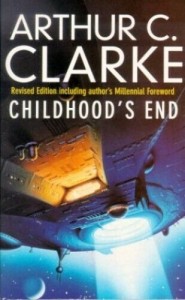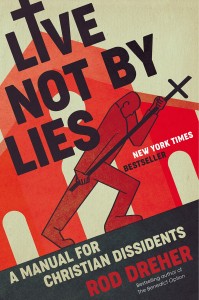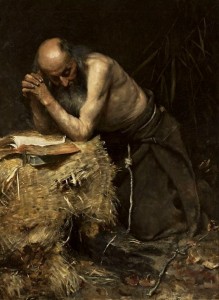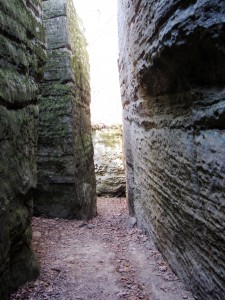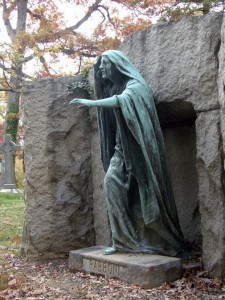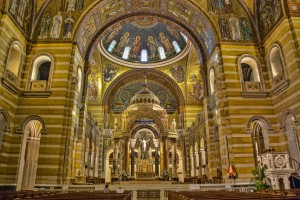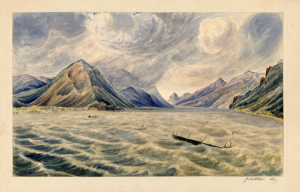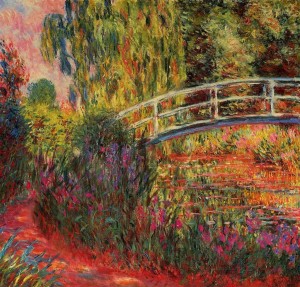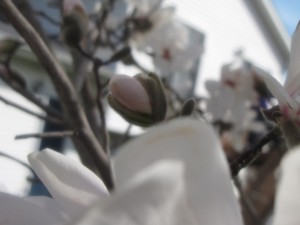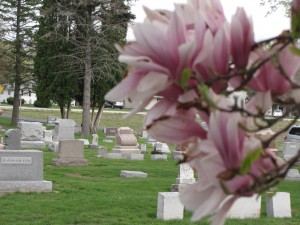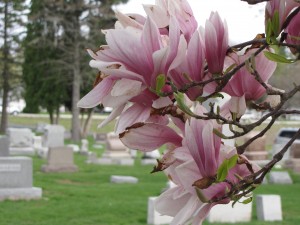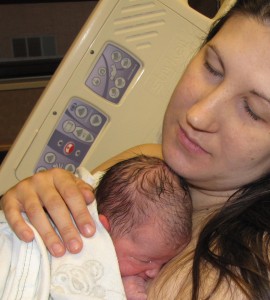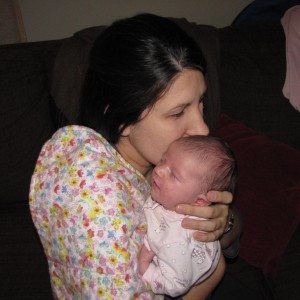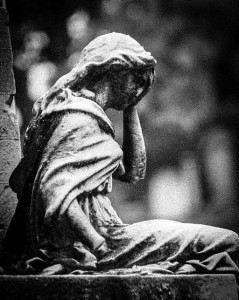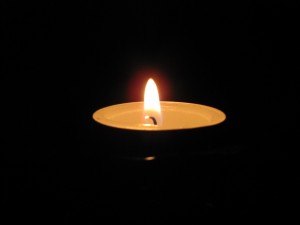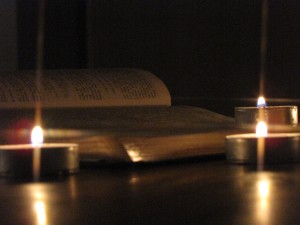This has been a particularly hard few weeks, so I hope you will enjoy this post from the archives as I take a short break from writing in this space. Peace to you.
Darkness.
There is darkness outside at three in the morning and there is darkness inside of ourselves from which we cannot escape.
Darkness.
There is darkness in the middle of a storm and there is darkness in the destructive aftermath when the sun is shining.
Darkness.
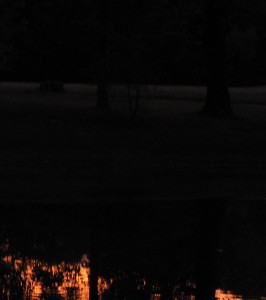
There is danger in the dark and there is fear, but is it the darkness that we fear or is it whatever lies within the darkness that we cannot see?
We light candles and we plug in nightlights and we busy ourselves to do whatever is necessary to hold the darkness at bay.
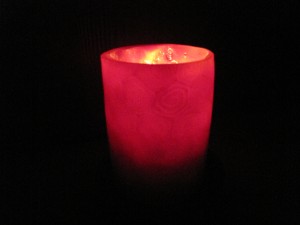
What are we really afraid of? Are we afraid that God is not there in the dark? Are we afraid that God is only in the light and if we enter into the darkness, whether it be the darkness of loss or of sin or of depression or even of death, we will lose the glory of His presence?
Yet in the darkness was where the glory of His presence was found, within the dark cloud over Mt Sinai when He made His covenant with His people Israel.
Yes, there is death in darkness.
And
There is new life in the dark.
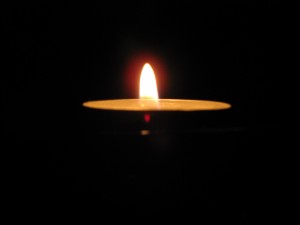
In fact, life can only begin in the dark. A seed sprouts underground and a baby grows in the womb and even Jesus was raised into His new life in the dark.
In the darkness of a cave.
We see the afterwards of the resurrection, the earthquake and the angel and the glorious, blinding light.
But the resurrection itself?
It happened in the dark.
It happened in the dark, in the silence, with the smell of damp earth and the roughness of rock all around.
And if new life can only happen in the dark, well then,
instead of doing all we can to avoid it, perhaps we should lean in to the darkness, lean in to our fear.
Perhaps if we do, we will discover a new life that could not have been found otherwise.
All photographs are my own, copyright 2021 Made Sacred

